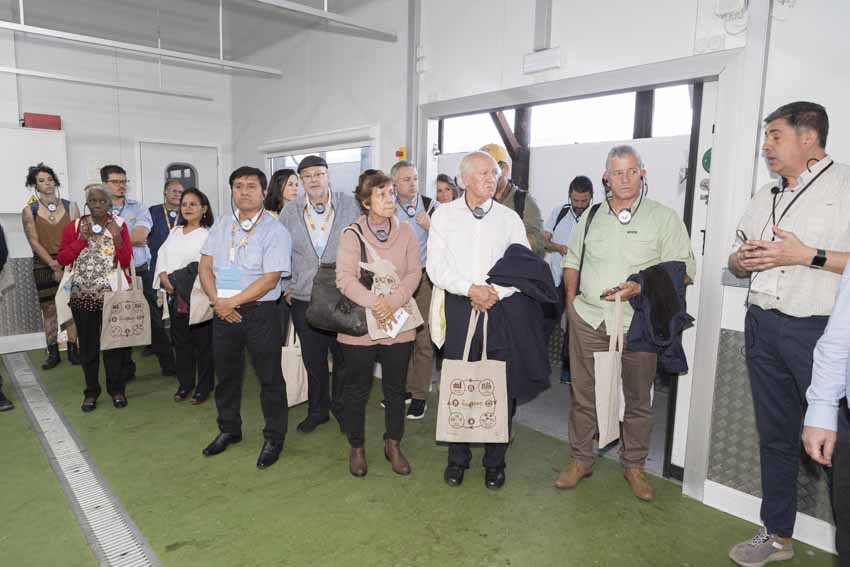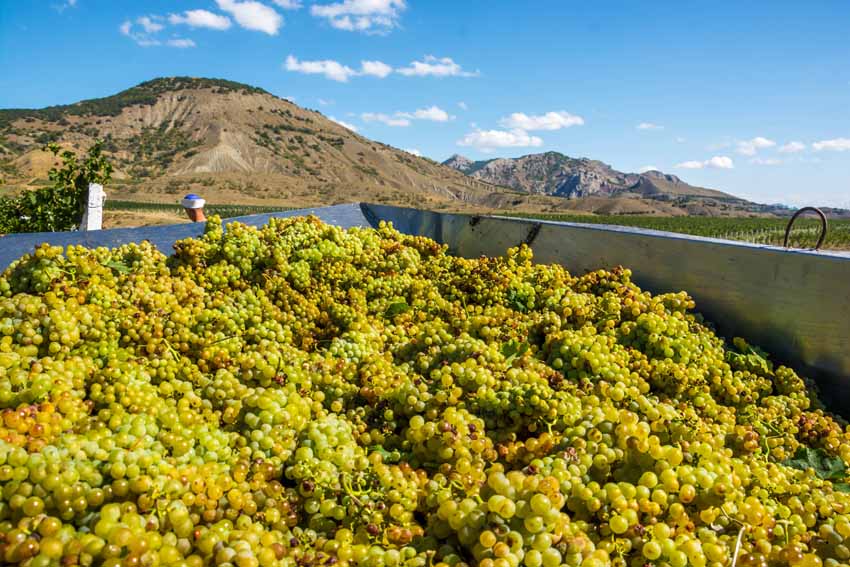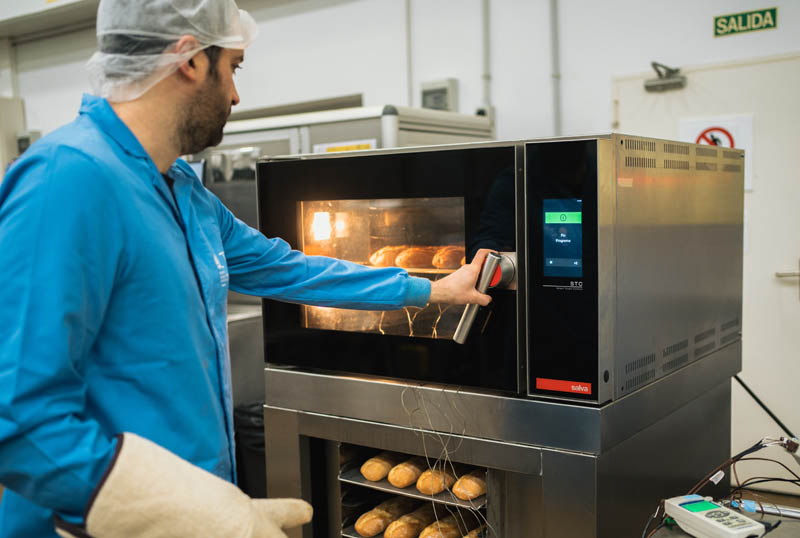Ecoffeed presents its results at the World Rural Forum Conference to more than 100 stakeholders
Últimas noticias
An LGTBIQ+ perspective on the animal kingdom
Una mirada LGTBIQ+ al reino animal
Circular Economy in Action: Valorisation of By-products through Projects like PRIMA NEWFEED
- More than 100 people participated in the workshop organised by Life Ecoffeed to present its results.
- The project, which ends this March, has demonstrated the feasibility of using coffee by-products to produce ingredients for cattle and sheep feed.
Derio, 25 March 2024.- On 21 March, the LIFE ECOFFEED project presented the results at a workshop organised in the framework of the World Rural Forum (WRF) Conference at the Arkaute Agri-Food Campus, which was attended by around 100 people.
The World Rural Forum (WRF) Conference focuses on the development and implementation of policies related to family farming and sustainable food systems, bringing together participants from all over the world, including representatives from various governments, international organisations, agricultural and rural development associations, research centres, cooperatives, trade unions and other civil society organisations.
The conference aims to promote the development and implementation of National Action Plans through concrete and solid commitments to significantly improve public policies in favour of family farming and serves as a platform for discussion, networking and collaboration around shared interests and common challenges.
As part of this conference, the LIFE ECOFFEED project organised a demonstration workshop to present the results obtained and explain in situ some of the main advantages to encourage farmers to implement solutions that include the valorisation of by-products for animal feed ingredients. The more than 100 attendees were very interested in the project and asked for more information in order to implement this solution in other regions.

Results of the Life ECOFFEED pilot tests
This Life project, which ends in March 2024, has achieved important validated results through pilot testing. With regard to the tests carried out on 132 dairy cows with feed containing 10% of the ingredient derived from coffee grounds, it has been concluded that:
- It does not cause changes in the yield of cow’s milk production.
- No significant changes in the physico-chemical quality of the milk obtained.
- It does not affect the cows’ ruminal fermentation and no changes in methane emissions are observed.
Furthermore, it has been possible to introduce up to 20% coffee grounds in the concentrate for dairy cattle without compromising the production yield or the composition of the milk.
On the other hand, the main results of feeding trials on 40 ewes fed with different percentages of inclusion of the ingredient obtained from coffee grounds show that:
- The inclusion of coffee grounds in different proportions does not affect the milk yield.
- The physico-chemical quality of the milk produced is maintained compared to ewes fed traditional feed.
- The fatty acid profile of bovine milk is healthier compared to milk obtained from ewes fed with traditional feed.
- It reduces enteric methane emissions by 19% without affecting rumen fermentation.
- The regular curd consumer is not able to differentiate curd obtained from milk obtained from ewes fed with feed that integrates coffee grounds from those that have not consumed coffee grounds.
Life-ECOFFEED is 55% funded by the EU’s LIFE Environment and Resource Efficiency programme and has a budget of €1.5 million. The consortium is composed by AZTI, NEIKER, RIERA NADEU, ECOGRAS, EUSKOVAZZA, BEHI ALDE, and UAGA.







